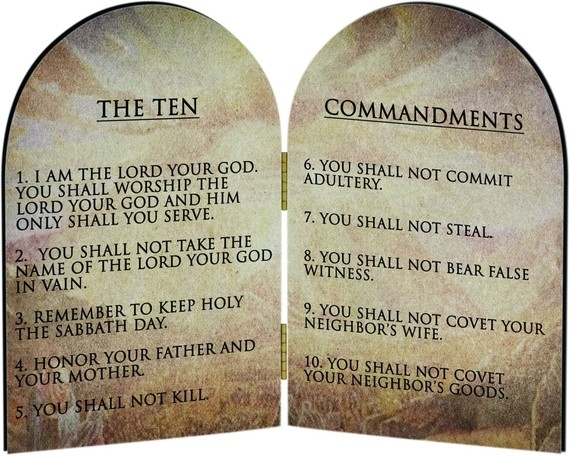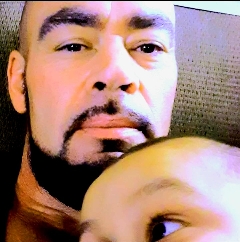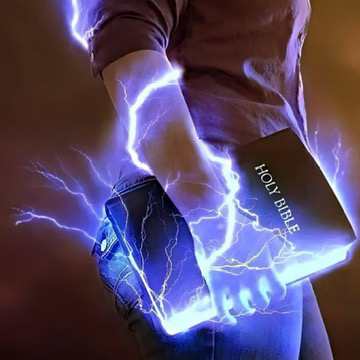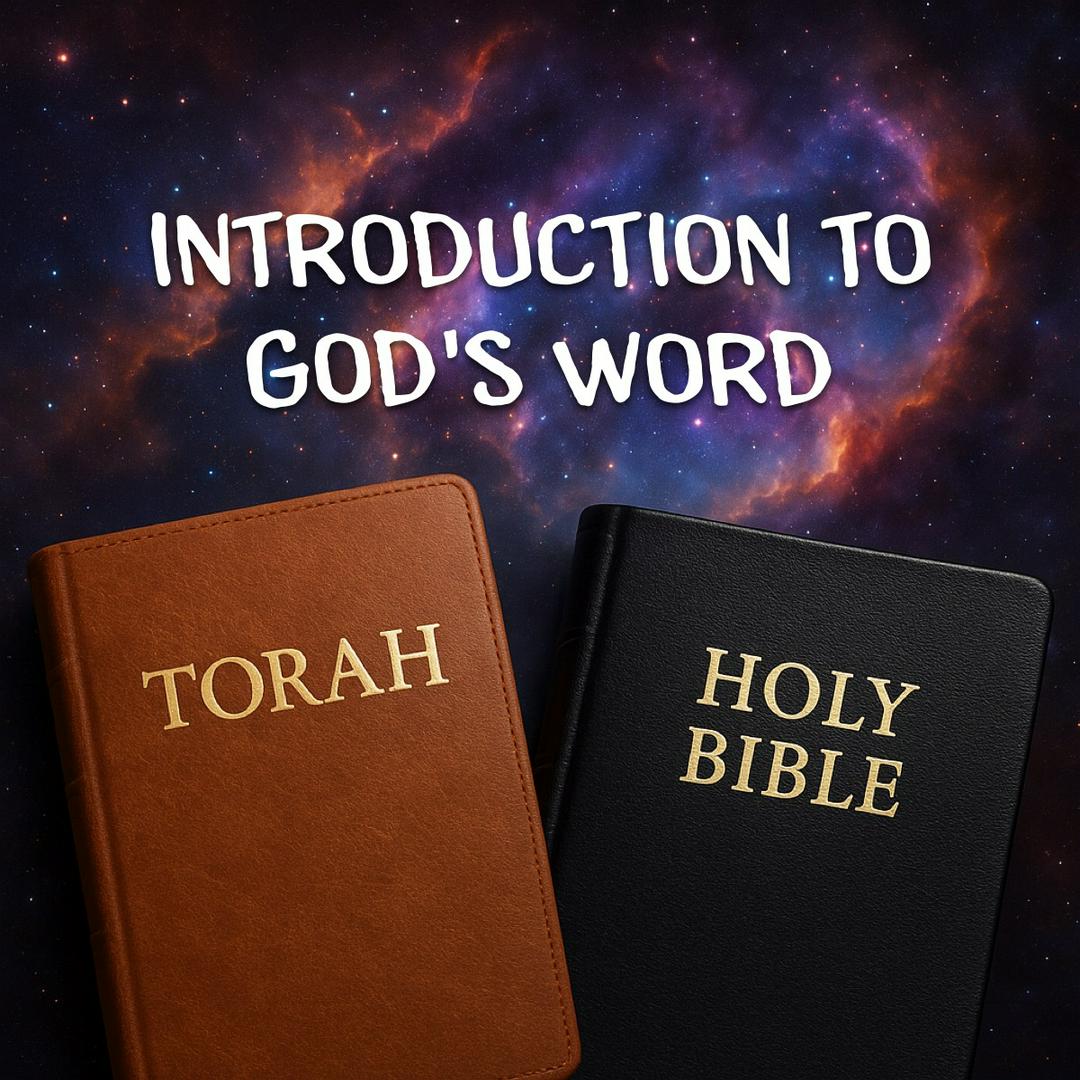1/1
Old Testament and Torah: A Brief Introduction to God’s Word, Series Part 3
If you have made it through #1 and #2 of this series, congratulations on your first steps into the Old Testament! But these books aren’t just the “beginning” of the Bible—they are also the foundation of the Hebrew Scriptures, known as the Torah (or the “Law”). The Torah is made up of the first five books: Genesis, Exodus, Leviticus, Numbers, and Deuteronomy. For the Jewish people, the Torah is the heart of their faith and identity. It is more than history—it is covenant, instruction, and God’s revelation of who He is and how His people are to live. The Torah gives us the creation of the world, God’s promises to Abraham, the dramatic rescue of Israel from Egypt, the giving of the Ten Commandments at Mount Sinai, and the laws that shaped Israel as a holy nation. Even today, the Torah is read, studied, and treasured in Jewish worship, reminding them of their unique relationship with Yahweh. For Christians, the Torah also holds incredible importance. Jesus Himself quoted these writings often and declared in Matthew 5:17 that He came not to abolish the Law but to fulfill it. The Torah points to the holiness of God, the brokenness of humanity, and our desperate need for redemption—a redemption that would ultimately come through Christ. But the story doesn’t stop there. After the Torah, the Old Testament continues with the Historical Books (Joshua through Esther), which record Israel’s journey into the Promised Land, their kings, their triumphs and failures. Then come the Wisdom and Poetry Books (Job through Song of Solomon), offering prayers, songs, and timeless counsel. Finally, the Prophets (Isaiah through Malachi) call God’s people back to faithfulness and point forward to the Messiah. So while the Torah is the foundation, the rest of the Old Testament builds upon it—like a house rising from its cornerstone. Every story, poem, and prophecy prepares us for the greater story God is telling, leading to Jesus Christ, the fulfillment of the Law and the Prophets.
13 days ago

Guest
The 10 commandments are the only words of God. The rest of the Bible is plagiarism of other ancient cultures and beliefs, mainly Egyptian and Ethiopian

13d
Grabill, IN
Reply(10)
2

Ty Gilbert
the new testament is in the old testament concealed and the old testament is in the new testament revealed....all by deliberate design.
13d
Alpine, CA
Reply(3)
6

WIP-WIP
I'll keep the Holy Bible

12d
Lehigh Acres, FL
Reply
2

Lucia Martinez
Amy, Amen, Amen 🙏🙏🙏🙏🙏
12d
Lubbock, TX
Reply
2

Emme87
✝️
12d
Reply
1
More comments ...
write a comment...
